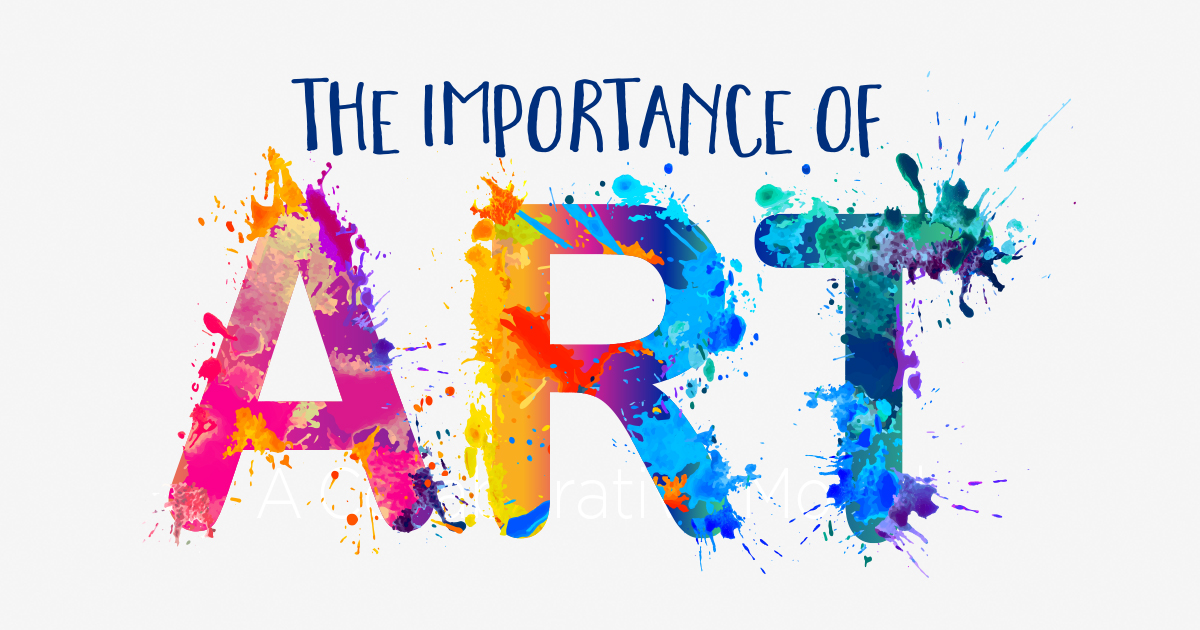Diving Into the Diverse Globe of Artistic Expression: From Surrealism to Abstract Realism
In the world of creative expression, from the dreamlike landscapes of surrealism to the intricate play of light and type in abstract realistic look, artists have actually constantly pressed the boundaries of creative thinking and creativity. Each activity holds a special lens whereby the globe is viewed and analyzed, providing a glance into the midsts of human feeling, understanding, and assumed. As we explore the diverse globe of art, we are provided with a tapestry of designs, techniques, and ideologies that challenge our understanding and provoke reflection. The journey with these varied kinds of creative expression assures to unravel a rich tapestry of aesthetic narration and intellectual inquiry that mesmerizes the mind and mixes the heart.
Surrealism: Releasing the Subconscious
Surrealism, a progressive imaginative activity of the 20th century, delved into the midsts of the subconscious, introducing a globe of dream-like imagery and unique associations. Pioneered by musicians like Salvador Dali, René Magritte, and Joan Miró, Surrealism looked for to test the standard means of seeing and recognizing art. Via strategies such as automatism and desire evaluation, Surrealist musicians intended to use the subconscious mind to disclose covert realities and wishes.
One of the crucial elements of Surrealism was the emphasis on the irrational and the incredible. By incorporating unforeseen elements in their jobs, Surrealist musicians intended to produce a sense of disorientation and surprise in the viewer. This disturbance of reasoning and factor was meant to prompt a much deeper expedition of the subconscious and the secrets of the human psyche.
Abstract Realism: Redefining Assumption
Testing typical creative boundaries, Abstract Realistic look redefines understanding via the combination of identifiable aspects with abstract forms. This cutting-edge strategy to art combines the representational precision of realism with the creative liberty of abstraction, using audiences an unique aesthetic experience that triggers them to question their perception of fact.
In Abstract Realistic look, artists make every effort to catch the essence of their topics while also instilling their deal with a feeling of depth and complexity via abstract components. By blending the acquainted with the strange, these artists welcome audiences to engage with their pieces on numerous levels, encouraging them to discover the nuances of structure, type, and shade.

Cubism: Fragmentizing Reality
Utilizing fragmented point of views and geometric kinds, Cubism transformed the creative depiction of reality in the early 20th century. This technique not just deconstructed reality yet additionally emphasized the flatness of the canvas, paving the way for future abstract art movements.

Cubism can be categorized into two main stages: Analytical Cubism, identified by single color pattern and detailed, fragmented kinds; and Artificial Cubism, which included collage components and brighter shades right into the structures. With these unique phases, Cubism influenced not only painting but also style, design, and sculpture. trump art. Its effect resounded across the art world, motivating musicians to check out new methods of translating and standing for the world around them
Expressionism: Emotions on Canvas
Checking out the depths of human feelings with expressive and vivid brushstrokes, Expressionism arised as a profound imaginative motion in the very early 20th century. Unlike previous art motions that concentrated on depicting the external globe, Expressionism looked into the inner realm of the musician's psyche, aiming to evoke raw feelings and provoke natural feedbacks from visitors.
Expressionist musicians, such as Edvard Munch, Egon Schiele, and Emil Nolde, turned down conventional notions this content of appeal and realistic look in favor of misshaping form and color to share subjective feelings. Using exaggerated brushwork, vibrant colors, and altered figures aided create a feeling of unease, alienation, or interest in their works.
Among the most famous examples of Expressionism is Munch's "The Scream," which records the intense stress and anxiety and misery of modern life with its swirling, altered number against a blood-red sky. Via their emotionally charged jobs, Expressionist musicians sought to challenge traditional imaginative standards and offer a window right into the unstable midsts of the human soul.
Contemporary Art: Developing Viewpoints

Among the defining attributes of modern art is its constant evolution and capability to adjust to transforming social landscapes. Musicians are increasingly integrating innovation right into their technique, obscuring the lines in between the physical and digital realms. This fusion of mediums enables ingenious ways of narration and involving with audiences in a more interactive manner.
Furthermore, contemporary art usually acts as a platform for social commentary, addressing pushing issues such as identity, national politics, and the environment. Musicians are using their work to spark essential discussions and prompt thought, dropping light on the intricacies of the globe we reside in. As viewpoints continue to develop, contemporary art stays a significant and vibrant pressure in forming our social landscape.
Conclusion
Finally, the world of creative expression encompasses a wide array of designs and motions, each with its very own special approach to conveying meaning and emotion. From surrealism's exploration of the subconscious to abstract realism's redefining of perception, and from cubism's fragmentation of fact to expressionism's representation of feelings, art proceeds to progress and test point of views - trump art. Contemporary art shows the ever-changing world we reside in, supplying brand-new ways to interpret and understand the complexities of our fact
As we discover the multifaceted globe of art, we are provided with a click now tapestry of styles, strategies, and viewpoints that test our understanding and provoke contemplation. Its effect reverberated throughout the art world, motivating artists to check out new ways of representing the world and analyzing around them.

Comments on “Unveiling the Most Provocative Trump Art Pieces of the Decade”